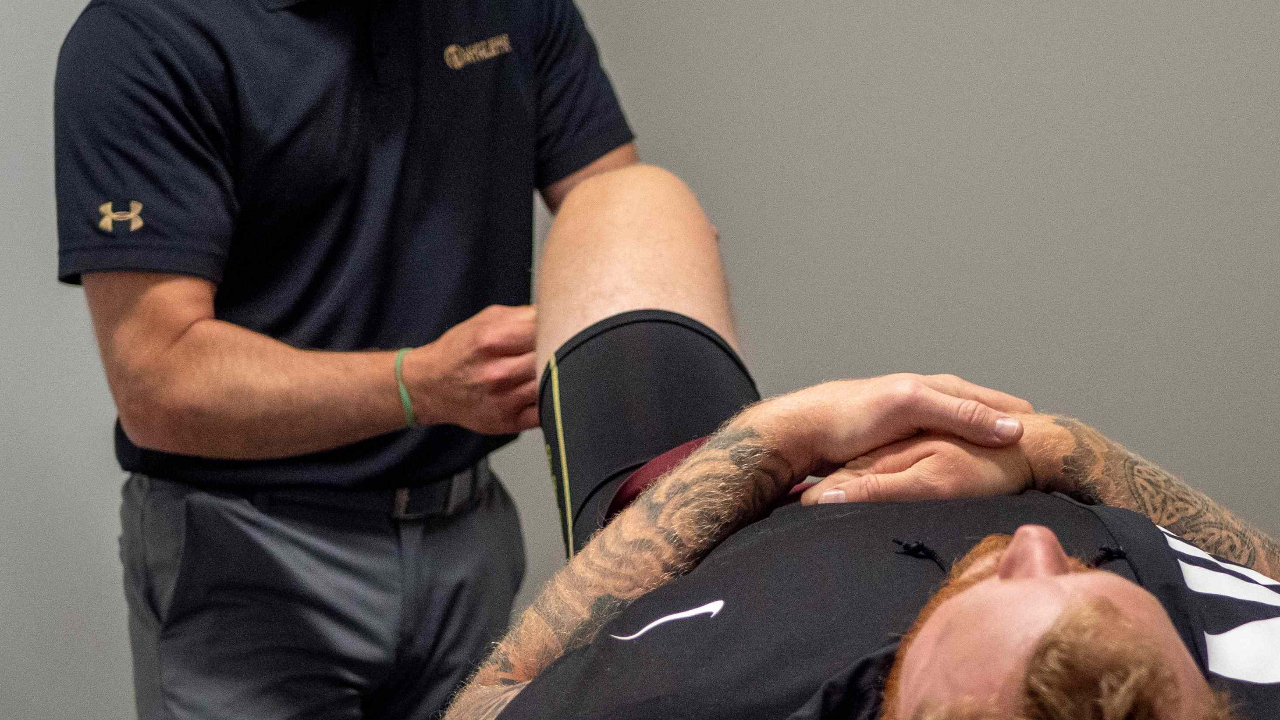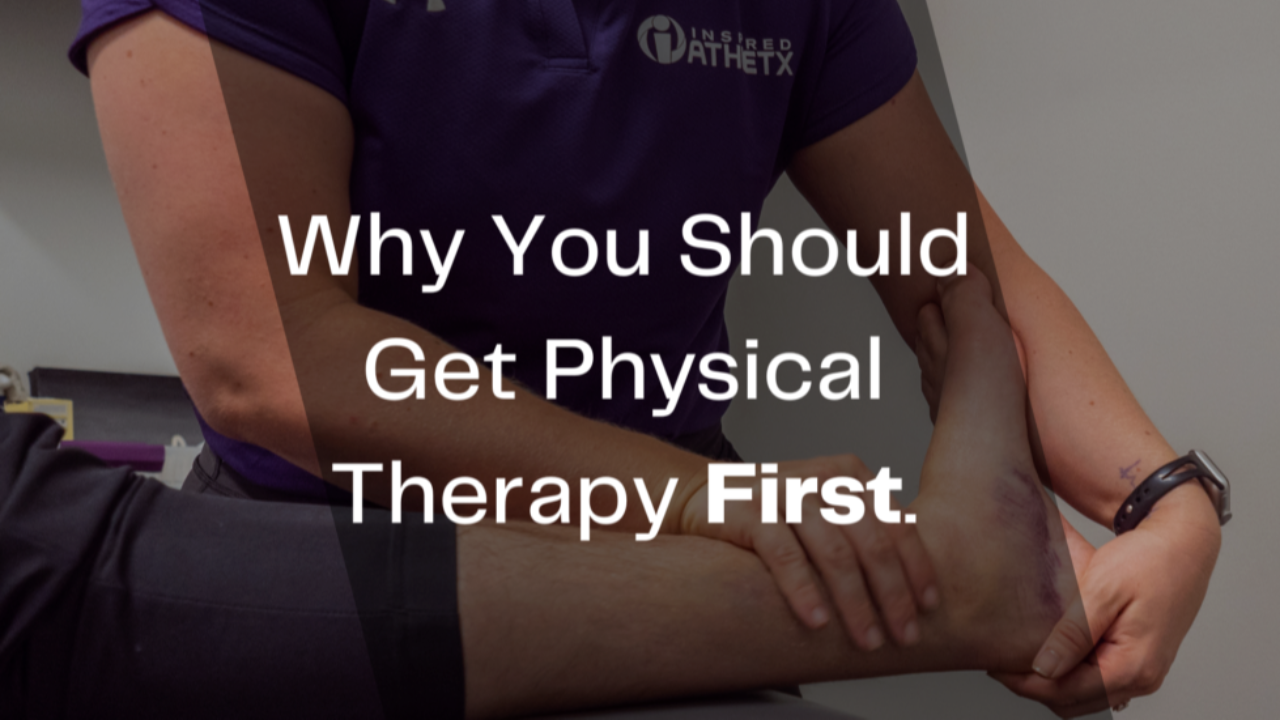
4 Reasons why your sleep schedule might be *failing* you
Dec 20, 2022By: Hana Pokornowski
Sleep. Some may say that this is the best part of their day. Others will say that it is overrated. When it comes to the purpose and effects of sleep, there is still a lot that we do not know. Partially because sleep studies can sometimes be unethical (no one wants to be sleep deprived on purpose). Sleep can also be complicated to understand – so let’s break it down into simple terms.
There are 5 Stages in the average sleep cycle.
There are two stages of the sleep cycle – NREM and REM. Non-rapid eye movement (NREM) is further divided into 4 substages. A complete sleep cycle takes anywhere from 90-110 minutes to complete full circle.
Stage 0 - Awake
This stage speaks for itself. You are responsive to your surroundings and are engaged in activity throughout this stage.
NREM Stage 1 - Light Sleep
This is the transition stage between wakefulness and deep sleep. You may still be able to hear the things going on around you. If awakened during this stage, you might catch yourself saying, “I wasn’t sleeping. I was just resting my eyes.” In this stage, you may experience random muscle twitches and the infamous “falling” sensation.
NREM Stage 2 - Light Sleep
Same description as in Stage 2. In this stage, your heart rate will start to slow and your body temperature will decrease as it is getting ready for deep sleep.
NREM Stage 3-4 - Deep Sleep
These phases are important for physical recovery, memory, and learning. Deep Sleep is also an important stage where the immune system restores itself and the body releases human growth hormone.
REM Stage 5 - REM Sleep
Brain waves in this stage are active (similar to when you are awake), it’s just that your muscles are asleep. Also described as an active mind but a paralyzed body. This is also the stage where your most vivid dreams occur. If you are woken up while having a dream in this stage, you are most likely able to remember that dream. During this stage your heart rate increases, breathing becomes faster, and blood pressure rises. This stage of sleep helps with memory and regulating mood.
Now that we know the process and purpose of sleep, we can better understand why it is important for your overall health and day-to-day function. Having the perfect sleep schedule is definitely challenging – but there are things you can do to make it simple. Are you really doing everything in your power to reap the benefits of sleep?
Here are 4 reasons why your current sleep schedule and bedtime routine might be failing you.
Reason 1) You don’t get high quality sleep.
Do you find yourself tossing and turning? Do you have racing thoughts when you climb into bed? Do you experience a lot of interruptions in the middle of the night? Do your best to eliminate all of those. Get comfortable and set aside some quiet time – set the room temperature to what you want, find a source of white noise, meditate, write down your thoughts/to-do list for the next day, put your phone on sleep mode, etc. Do everything that you can to make immaculate sleep quality your top priority when you are climbing into bed.
Reason 2) You don’t get enough sleep.
As said above, the average sleep cycle takes about 90-110 minutes to fully complete. That’s almost two hours for one cycle! You want to get in at least a few of those cycles each night to obtain the maximum effect. You always hear that 6-8 hours is recommended – and that holds true! This recommendation can vary person to person – especially if we are dealing with an illness or injury. Don’t cut yourself short.
Reason 3) You don’t set yourself up for “sleep success”.
Like mentioned above, do something that will help to quiet your mind and settle down – ideas such as reading, journaling, listening to a podcast, meditating, etc. We often want to do things before bed that relax us and are mindless… scrolling through our phone can unfortunately fall under that category. Don’t let it. Despite the relaxing effect you may feel that this has, it is not productive in setting yourself up for a good night’s rest. The brightness and light from any sort of screen (phone, tv, laptop, etc) keeps your eyes and mind active. Get those eyes away from that screen. A comfortable bed and a regular bedtime routine can also help you have a successful night’s rest.
Reason 4) You don’t make it a priority.
Where does sleep lie on your list of health and wellness priorities? Does it get pushed to the back burner? Don’t say it can wait because you have to do this, that, or the other thing. Get those tedious tasks done during the day so that you can get to sleep at the time that you want to.
Now that we talked about the “Why”, let’s talk about the “How”. How can you set yourself up to have the best sleep possible? What steps can you take to make sleep productive?
- Put the phone down! – Eliminate as many distractions as possible. Try to discontinue phone use at least 30-60 minutes before bedtime.
- Wake up with sunlight – circadian rhythm – Waking up with the sunlight can help to set the master clock in your body. It will set the energy for the day and help to regulate your circadian rhythms (see description below).
- Reduce caffeine intake in the afternoon/evening. – Caffeine works by blocking chemicals in the brain that encourage sleep and tiredness. These effects of caffeine can be seen just 30-70 minutes after consumption. Did you know that caffeine can last anywhere from 3-7 hours, and it may take a full 24 hours for caffeine to fully disappear from your bloodstream?
- Get into a 20-30 minute bedtime routine! – After you get into this rhythm, your body will come to know that “Hey! It must be time for bed soon.”
My usual bedtime routine looks like this… 1) Shut off screens and phone 30-40 minutes before I go to bed. 2) Wash my face and brush my teeth. Set out clothes for the next day. 3) Turn off the bright overhead lights and switch to using my bedside lamp. 4) Grab my reading book and get a few chapters in (at this time, I start yawning quite a bit). 5) Power down and fall asleep! Simple, yet very effective. My body knows this routine and has adapted accordingly.
- Get on a consistent sleep schedule. – *Insert Circadian Rhythm again!* Very similar to the above recommendation. After your body gets into a routine, it will start to learn that “Hey, 10:00pm is coming around, that must mean it is time for bed soon.” This schedule includes waking up at the same time every day too. Soon you might find yourself waking at 7:00am naturally, even on a Saturday without an alarm!
- Make Your Bedroom Like a Cave. – Dark, Cool, Quiet, and Comfortable. Eliminate light with effective blinds/curtains. Set the room temperature to a cool setting – maybe you use a fan or AC unit to help with this. A fan can also help with white noise if you need something to help make the room quiet.
- Don’t Fight Sleep. – If you are yawning, nodding off, feel like your eyelids are getting heavy… go to sleep! Don’t fight it and stay up because you have a few things to do that, in all reality, can wait.
- Use a Power Nap. – Feeling tired during the day but you only have a few short minutes before your next scheduled event… utilize the POWER NAP! They provide a temporary boost of alertness and rejuvenation.
- Exercise! – Simply put, do something every day that makes your body tired! Use the muscles – go for a walk/run, move some weight around, commit to that spin class, etc.
Other tips and tricks….
- Resolve daily dilemmas outside the bedroom. – How many of you do homework while sitting in bed? Don’t make your bedroom a place of stress. Keep the vibes chill and relaxed. Make your bed specifically a place for sleeping.
- Don’t be a clock watcher. – If you can’t fall asleep, don’t keep checking the clock. You will get frustrated that you are not falling asleep and doesn’t help anyone.
- If you can’t fall asleep, leave the room and do something quiet (not on phone, read/podcast/music/stretch) etc.
- If you are interested in learning more about your individual sleep habits, it might be beneficial to invest in a Whoop, Fitbit, Apple Watch, Oura, or other sleep app that can tell you more about your specific sleep cycles and habits.
Terms to Know
NREM Sleep
: a state of sleep that occurs regularly during a normal period of sleep with intervening periods of REM sleep and is characterized by delta wave brain activity, little dreaming, and a reduced level of autonomic physiological activity.
REM Sleep
: a state of sleep that recurs cyclically with non-REM sleep several times during a normal period of sleep, is characterized especially by greatly depressed muscle tone, dreaming with vivid imagery, rapid eye movements, and increased neuronal activity in certain brain regions (as the pons), and typically comprises up to 25% of time spent in sleep.
Melatonin
: a vertebrate hormone that is derived from serotonin, is secreted by the pineal gland especially in response to darkness and has been linked to the regulation of circadian rhythms.
Circadian Rhythm
: the cyclical 24-hour period of human biological activity.
Within the circadian (24-hour) cycle, a person usually sleeps approximately 8 hours and is awake 16. During the wakeful hours, mental and physical functions are most active and tissue cell growth increases. During sleep, voluntary muscle activities nearly disappear and there is a decrease in metabolic rate, repiration, heart rate, body temperature, and blood pressure. The activity of the digestive system increases during the resting period, but that of the urinary system decreases. Hormones secreted by the body, such as the stimulant epinephrine (adrenaline), are released in maximal amounts about two hours before awakening so that the body is prepared for activity.




